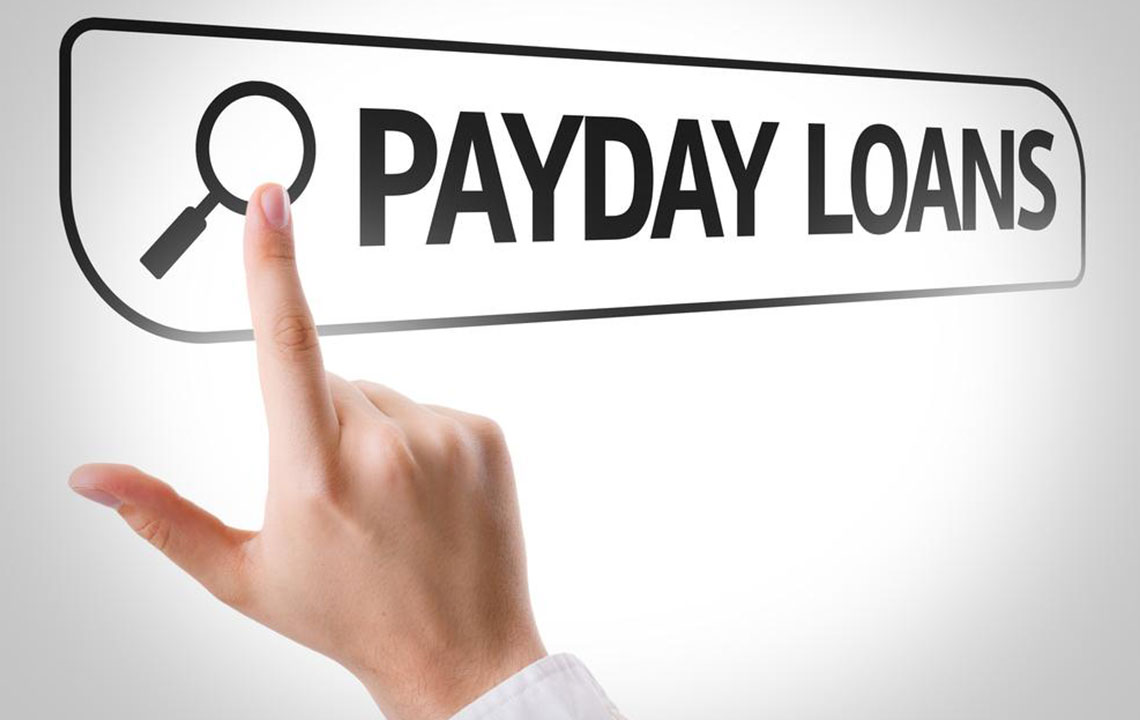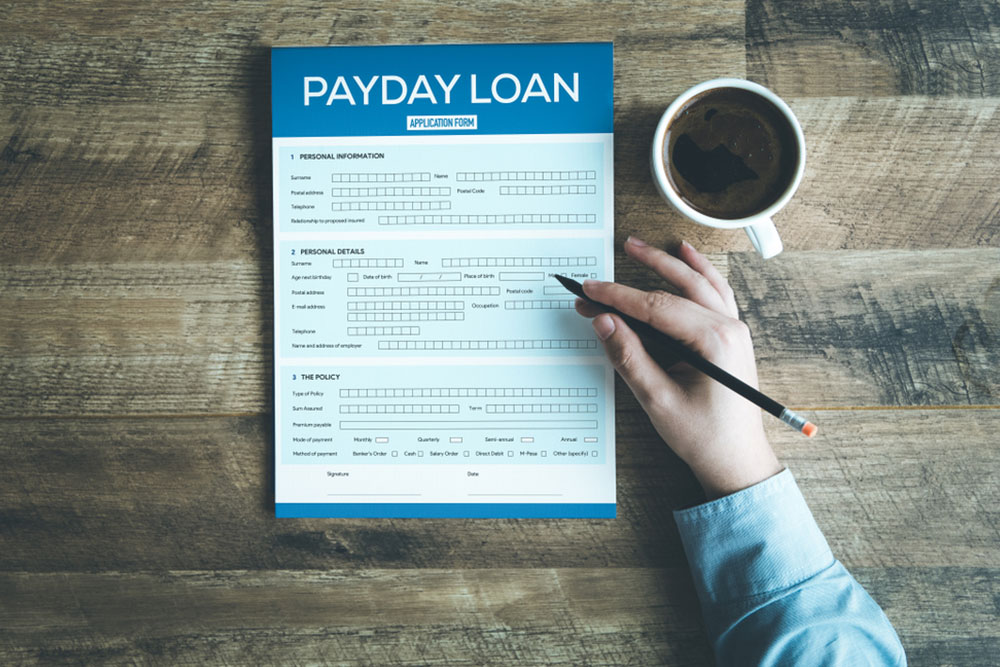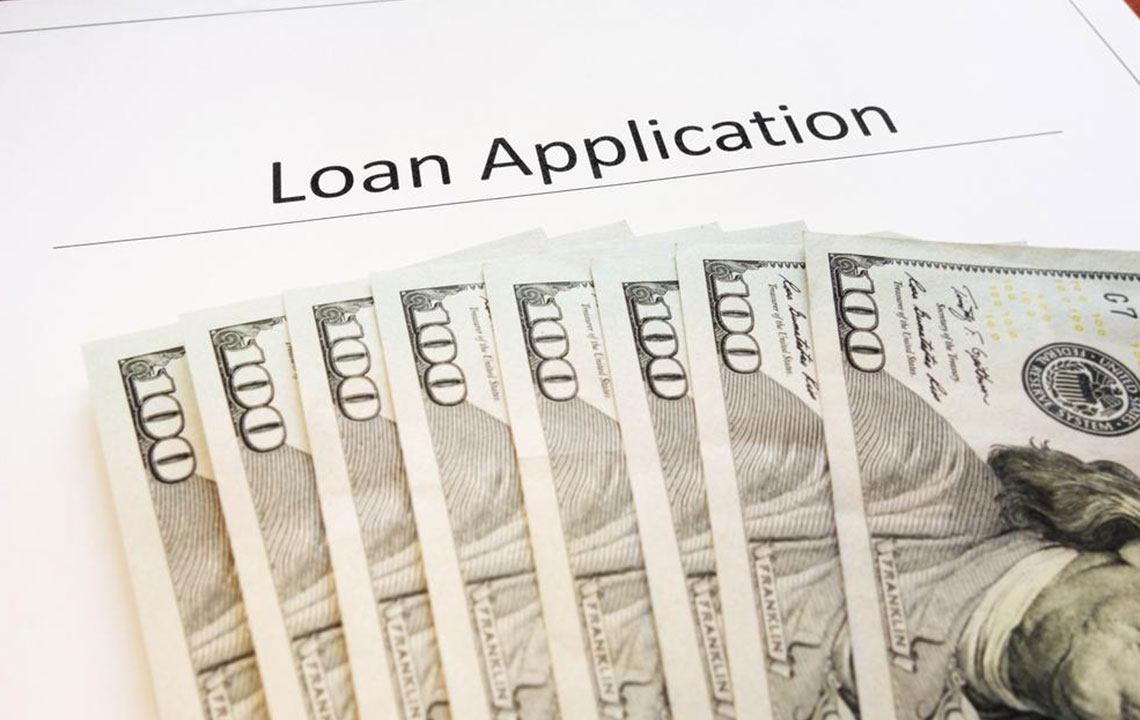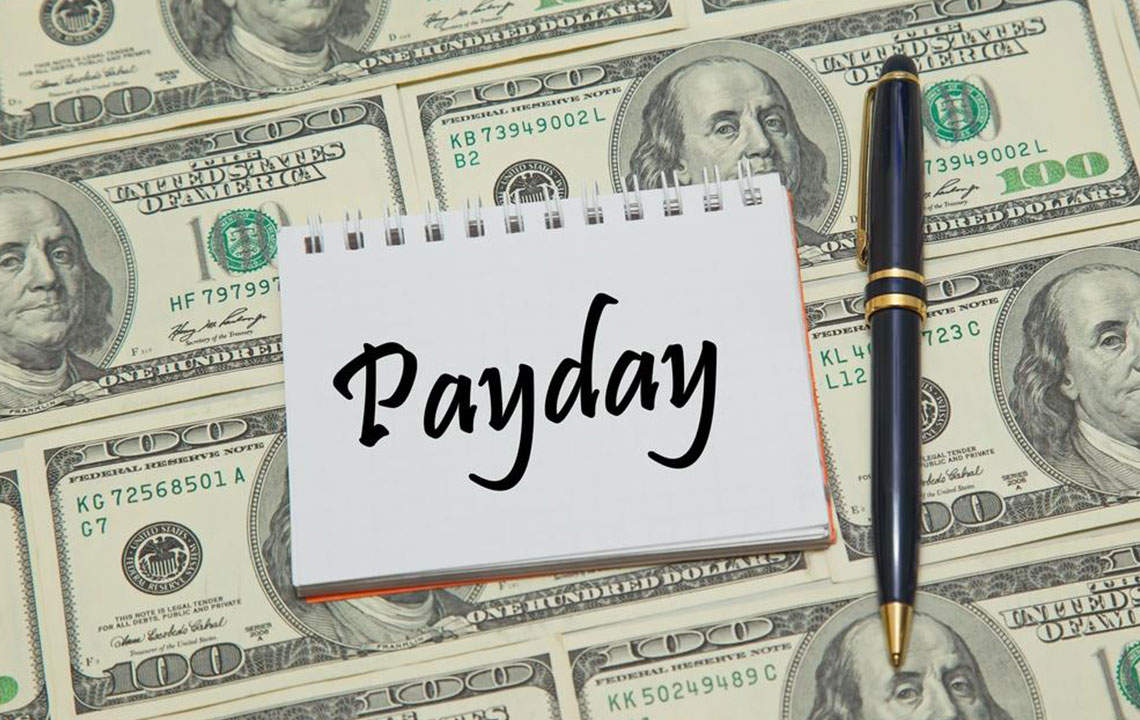Understanding the Dangers of No-Credit-Check Payday Loans and How to Protect Yourself
This comprehensive article explores the risks linked with no-credit-check payday loans, shedding light on their high costs, debt cycles, and aggressive collection practices. It offers practical advice on how to avoid falling into debt traps and suggests safer alternatives for emergency funding. Understanding these dangers is crucial for making informed financial decisions and safeguarding your financial health in challenging times.

Understanding the Dangers of No-Credit-Check Payday Loans and How to Protect Yourself
In today’s financial landscape, payday loans that do not require a credit check have become increasingly popular, especially among individuals facing urgent cash shortages. These short-term, small-dollar loans are seen as a quick fix during financial emergencies. To qualify for such loans, applicants usually only need to present a valid ID, proof of income, and bank account details. The typical loan amount ranges from $100 to $500, with repayment due on the borrower’s next payday. While this may seem like a simple, straightforward process, it’s important to understand both the advantages and significant risks associated with no-credit-check payday loans.
One of the main reasons people opt for payday loans without credit checks is the minimal qualification criteria. Unlike traditional bank loans, which require lengthy applications and credit history assessments, these quick loans are accessible to almost anyone who can demonstrate proof of income. However, this ease of access comes at the cost of high interest rates and fees. The lenders often impose exorbitant costs, making borrowing from them extremely expensive over time.
Despite the convenience, borrowers should exercise caution. Many payday lenders are known for aggressive marketing tactics that encourage repeated borrowing, which can lead to a cycle of debt that is difficult to escape. For example, a borrower who takes out a $300 payday loan and struggles to pay it back may find themselves compelled to take additional loans to cover previous debt, leading to a series of escalating payments and fees. This pattern commonly results in borrowers being trapped in ongoing debt cycles and mounting financial stress.
The Consumer Financial Protection Bureau (CFPB) has highlighted that about 80% of payday loan borrowers take out at least two loans within a month, with some taking up to ten loans in that period. Such repetitive borrowing significantly exacerbates financial difficulties, as borrowers pay multiple sets of high-interest fees without making substantial progress toward repaying the initial debt. This pattern can damage a person's credit score and long-term financial health.
Most payday loans carry extremely high annual percentage rates (APRs), often exceeding 400%. For example, a loan of $100 with a $30 fee results in an APR of approximately 780%. This means borrowers end up paying nearly eight times the original loan amount annually, making it a costly way to borrow money. The burden of such high-interest rates can lead to a situation where repaying the loan becomes nearly impossible without taking out additional borrowing.
If borrowers fail to repay these loans on time, lenders may take severe actions, including garnishing wages, freezing bank accounts, or repossessing assets such as cars or electronics used as collateral. Nearly 20% of payday loan borrowers experience such collection actions at some point, which can further devastate their financial stability and credit standing. It is essential to understand that payday lending is a high-risk financial product that should be used solely during true emergencies, and not as a regular borrowing option.
To mitigate the risks, consumers should explore alternative sources of emergency funding, such as personal loans from banks, credit unions, or borrowing from family and friends. Budgeting and saving regularly can also help create a financial cushion to handle unexpected expenses. If you absolutely must use a payday loan, ensure you understand the repayment terms thoroughly and plan your finances accordingly to avoid falling into a debt trap.
In conclusion, while no-credit-check payday loans offer a quick and easy way to access cash, they come with significant risks that can impact your financial future. High interest rates, debt cycles, and aggressive collection tactics make these loans a dangerous financial tool if not used cautiously. Educating yourself about the true costs and potential consequences can help you make better choices and protect yourself from falling into financial hardship.





